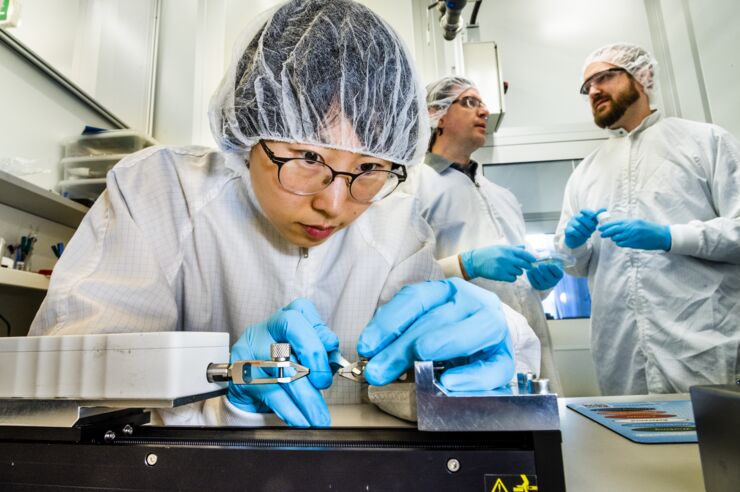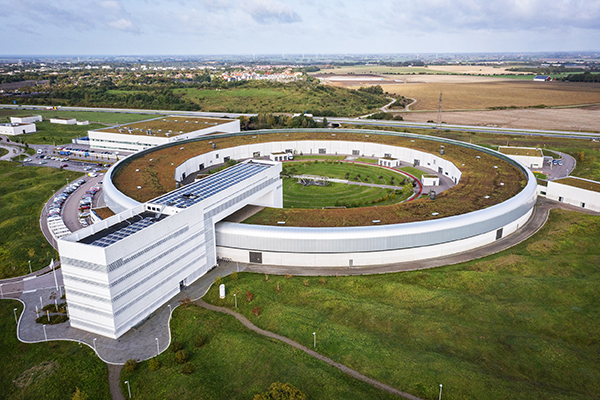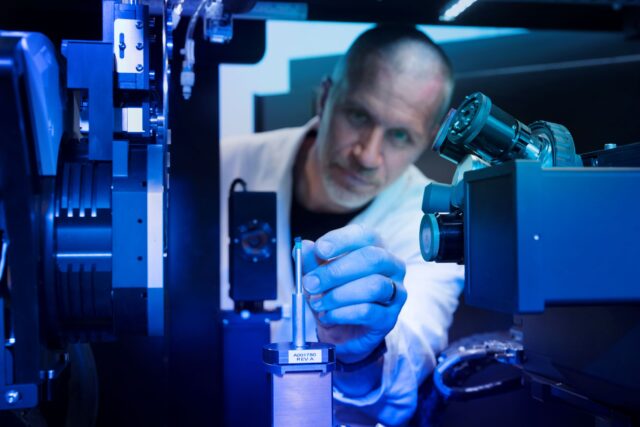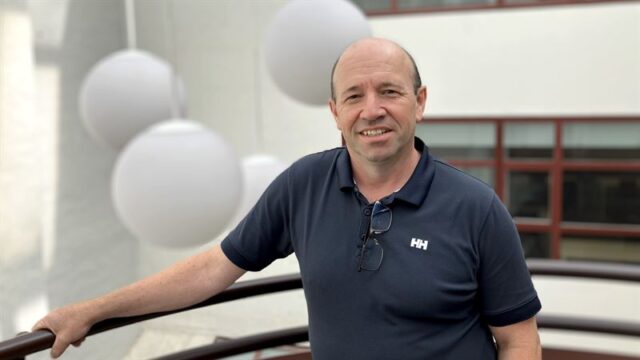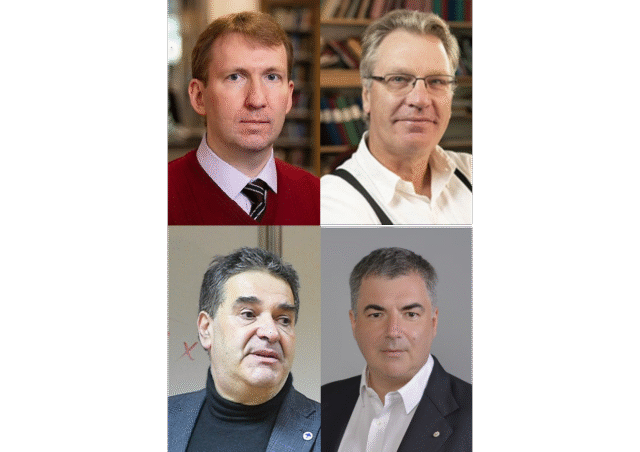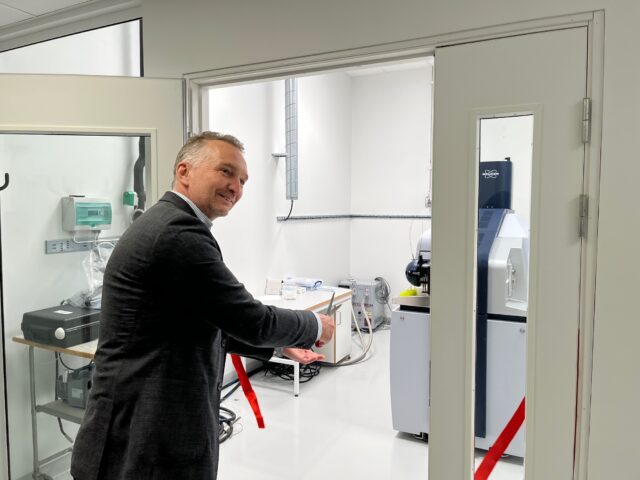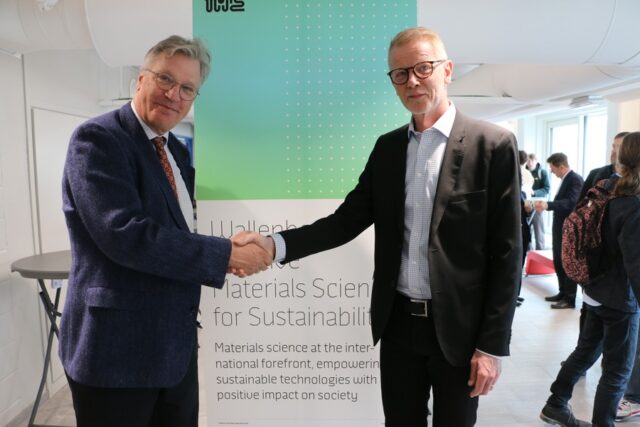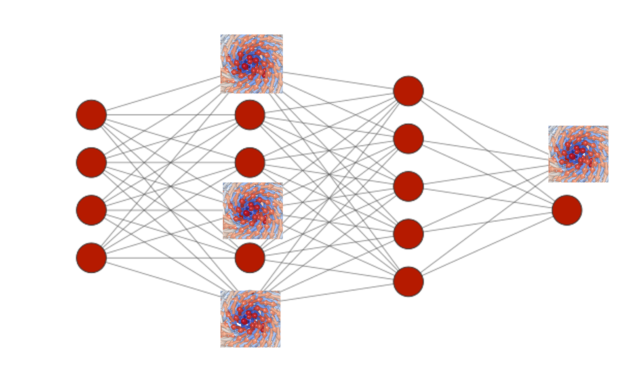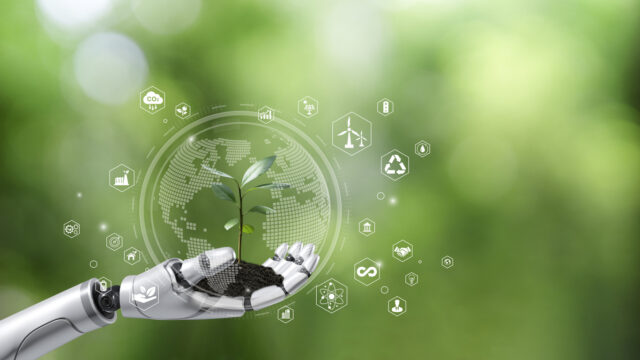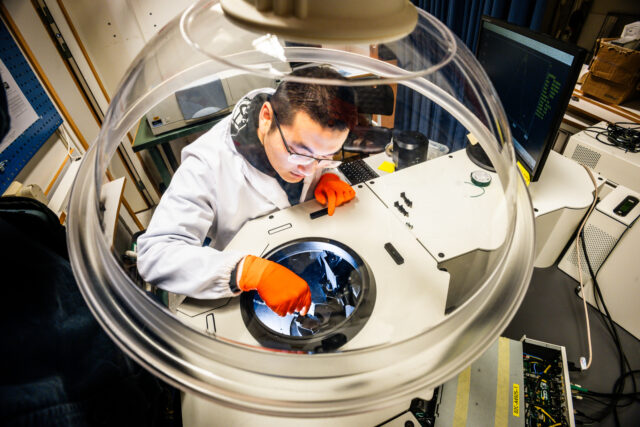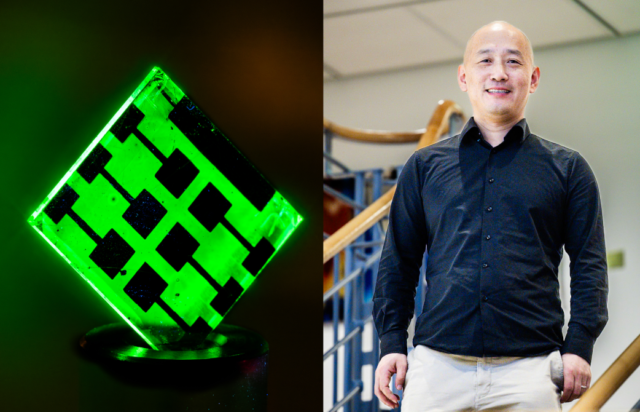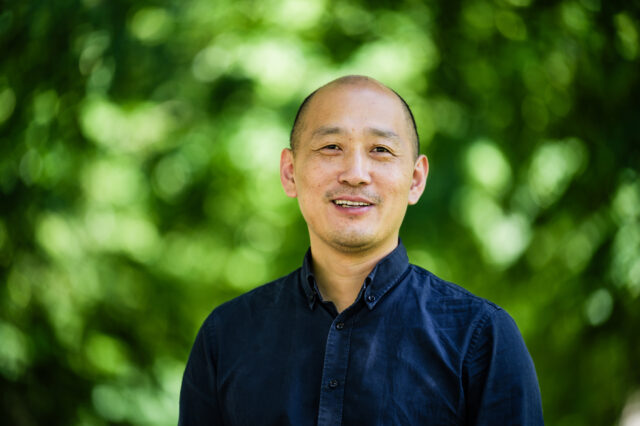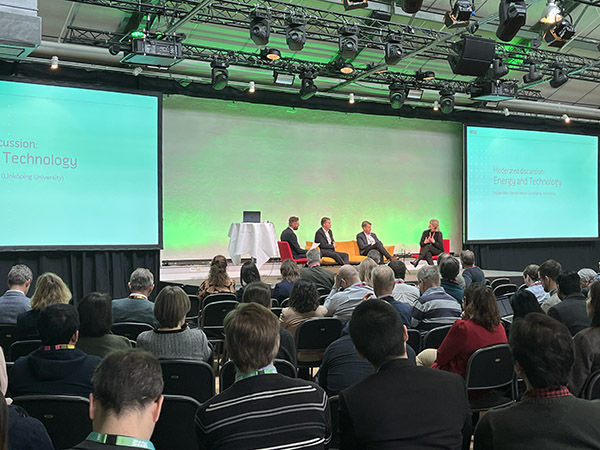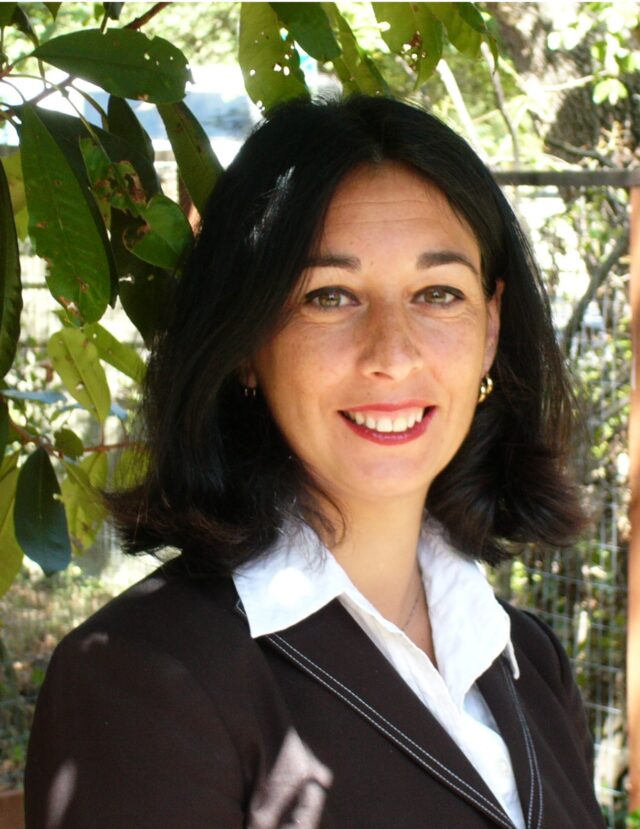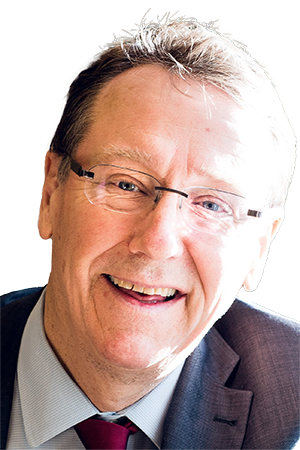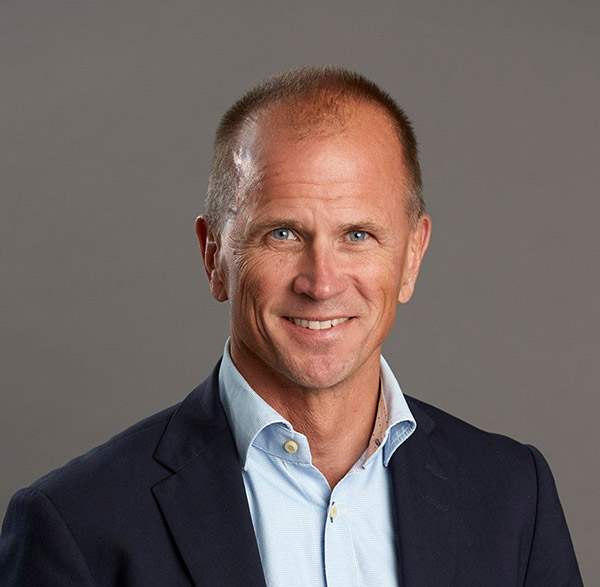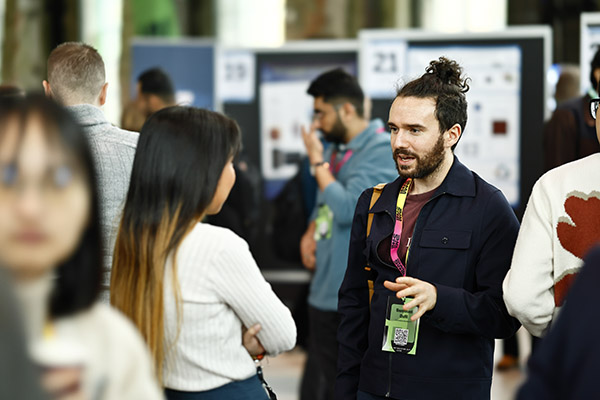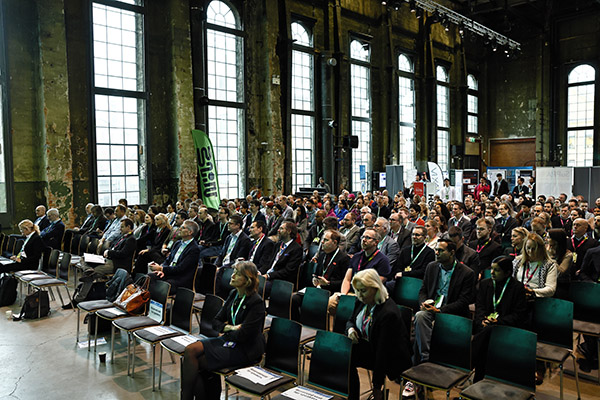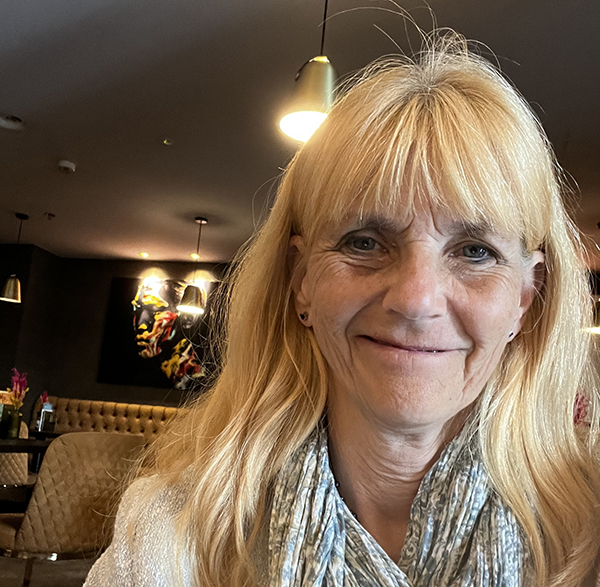In 2016, Nara received her PhD degree in Materials Science & Engineering and later worked as a postdoc in the Heeger Center for Advanced Materials at GIST. In 2017, Nara joined the Soft Electronics group in the Laboratory of Organic Electronics (LOE) as a postdoc and continued to work in the group as a principal research engineer from 2019. She became an Assistant Professor in 2021 after receiving a Swedish Research Council (VR) Starting Grant.
Why did you choose to join WISE?
As a material scientist, it is an honor to participate in WISE, which is the largest ever investment in materials science in Sweden. Moreover, my research topic on renewable energy, energy harvesting, and storage matches well with WISE’s goal for a sustainable future.
What is your WISE project about?
Our project aims to develop ecofriendly, deformable, and biodegradable batteries by using plant-based organic materials to power electronics within the fast-growing areas of wearables and Internet of Things (IoT).
The raw materials considered in this project are all-organic, bioderived and/or biodegradable, and will be processed mostly from aqueous solutions at room temperature or temperature <100 °C. Hence, the materials and manufacturing processes are cheap, easy to access, and ecofriendly. Since it is cheap and biodegradable, the device at the end of life can be easily disposed, either buried and decomposed or burned, which means that its waste would not be a big issue and that no energy is needed for dedicated collection or recycling. This technique will hence have a minimal environmental impact during the entire life cycle and will contribute to facilitate sustainable growth of IoT by replacing environmentally and economically problematic Li-ion batteries in small wearables, sensors, and signal devices.
Could you share your thoughts on the challenges materials science faces regarding sustainability?
We have observed that extracting/synthesizing, utilizing, and discarding certain materials often cause unexpected problems in terms of environment, health, and society, which are all related to sustainability. Therefore, I think that we need to put more effort into evaluating the effect of using materials in various aspects and throughout the whole life span. This cannot be done solely by researchers in a specific field, but collaboration between researchers from diverse fields, industries, and governments will be essential.
To learn more about Nara’s WISE project visit:
Plant-Based, Freely Deformable, and High-Performance Organic Batteries for Sustainable Power Sources in Upcoming IoT World
